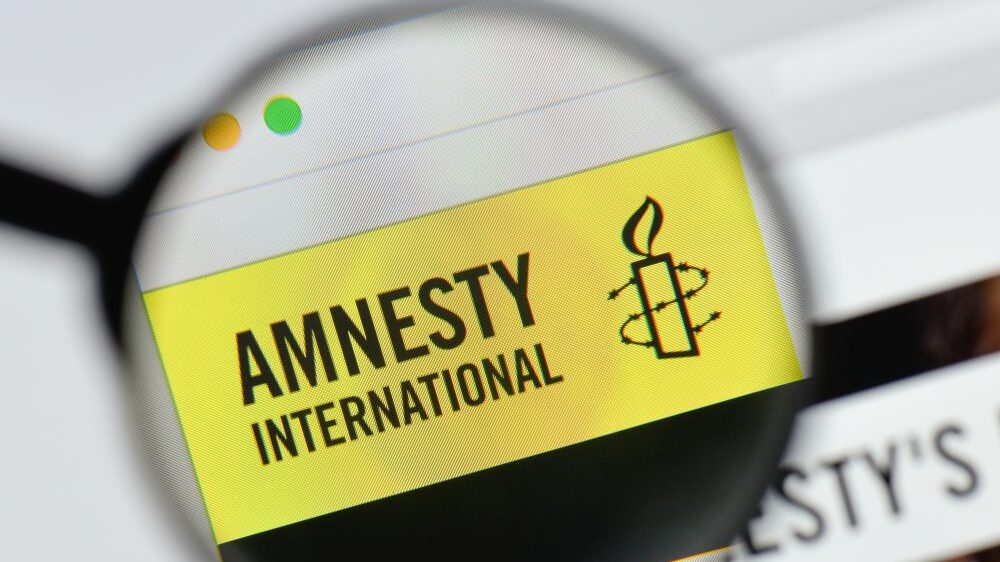
Amnesty International, one of the world’s largest human rights organisations, is now at the centre of a scandal in Hungary for discrimination and harassment of its employees.
Founded in London in 1961, the prestigious organisation, which has won numerous awards—such as the Nobel Peace Prize in 1977 and the United Nations Human Rights Prize in 1983—has specialised for several decades in tracking down violations of human rights as defined in the 1948 Universal Declaration of Human Rights. It is particularly interested in violations of freedom of expression and freedom of the press. It also campaigns for the abolition of the death penalty, and has, more recently, also focused on the defence of women’s rights. The current Secretary General, Frenchwoman Agnès Callamard, has in the past been responsible for the NGO’s specific work on women’s human rights.
Despite this apparently impeccable background, five Hungarian employees of the organisation complained about questionable practices to the George Soros network organisation OpenDemocracy.
In the midst of writing a report on discrimination against women at work in Hungary (published on June 3rd, 2020), Amnesty International’s Budapest office allegedly engaged in blatant discrimination and harassment. The Hungarian employees revealed that they had been pressured by their employer to quit because they had planned to have a child, or, in the case of another, because she was breastfeeding her newborn baby—which was deemed by the employer to be incompatible with effective work.
Even though the international organisation is campaigning for an end to maternity discrimination, the Budapest office allegedly pushed these young women to sign short-term contracts—because of their family plans. According to the Visegrad Post, which reported the events, in one case “A[mnesty] I[nternational]
Its management also insisted that one of the dismissed employees sign a confidentiality statement saying that her departure had nothing to do with discrimination”—a way of covering itself in advance from any legal risk.
One of the dismissed women was the head of the gender programme in Hungary, a particularly sensitive programme in Amnesty International’s offensive against what they see as Viktor Orbán’s ‘reactionary’ gender policies. The sacked employee is nevertheless convinced by her personal experience that Amnesty International, despite its rhetoric, is no better than any other company regarding respect for women at work, especially when it comes to the thorny issue of maternity.
The case has gained substantial momentum in Hungary, to the point of being covered by media outlets on all sides, both pro and anti-Orbán. The press close to the government unsurprisingly sees it as proof of the hypocrisy of these international organisations, which are quick to award diplomas for good or bad conduct without first applying to themselves the rules they expect from others.
Yet this is not the first time that Amnesty International has engaged in such practices. A serious scandal affected the organisation in West Africa in 2018, with the suicide of a researcher and an intern in the space of a few months, amid accusations of harassment, sexism, intimidation, and racism. In the wake of this tragedy, Amnesty International pushed out some of the managers responsible for the affair to clear its name—not without giving them a large compensation package, which caused outrage. In 2021, The Guardian revealed that discriminatory and racist language among white managers was commonplace within the NGO.
